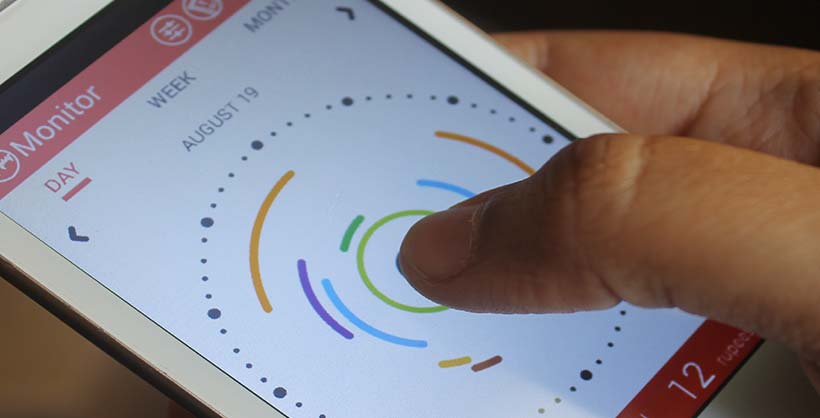“Copernicus took us out of the centre of the solar system; we now need to take ourselves out of the centre of the biosphere” - John Thackara

About
As we move from human centric to planet centric design, how do we as creative researchers and practitioners give form and structure to what we create, ensuring that it is inclusive, caring and for a larger & common good?
Never before, in the history of contemporary art and design research & practice, has there been a need like now, for the convergence of business, social, cultural, environmental and policy studies with art, design & technology. The dynamic and ever changing planetary landscape in each of these domains continues to impact the way we as consumers consume and designers design.
Srishti Labs (S.Labs), is the fertile ground for researchers, educators and creative practitioners to inquire and collaborate across domains and expertise in order to create knowledge, innovate and push boundaries. In the closely networked age of travel, information and technology, India is our backyard and the world a playground. At Srishti Labs a collaborative engagement with all our stake holders using critical and creative ways of thinking and doing allows us to draw out valuable insights that lead to unique and path breaking research and knowledge creation. This knowledge in turn is the source of innovation in Education, Healthcare, Social entrepreneurship, manufacturing and service industries as well as in other immerging areas and domains.
Srishti Labs is a collective that houses three different experimental spaces: Frugal design labs, Natural Fibers lab, and S.Labs.
Frugal Design DESIS Lab
The Frugal Design DESIS Lab has evolved over the last 10 years exploring several ideas –grass roots innovations, craft communities, small-scale industry, old and new technologies and new ways of making. Through projects and workshops, we interact with a variety of people and organizations and we seek to question and refine the way we design things today.
We envision new processes in design that use frugality as the core principle, not only for people who are constrained to adopt it, but also for those who don’t need to, to develop frugality as an aesthetic, to design sustainable and inclusive products and systems.
Natural Fibers Lab
Natural fibers has traditionally been associated with the crafts sector and small-scale production using hands or hand tools. However, in recent times there has been many examples of this resource, which is often mistaken as waste, being used as an alternative to industrial metals and plastics. Examples of this are the Areca sheath plates that have replaced plastic and paper plates, Mushroom mycelium that has replaced thermocol in packaging, Bamboo floorboards and many other such examples.
Historically, just like how plastics have been accepted as a material option for products that were traditionally made of metal would it be possible to substitute plastics with natural fibers in many applications over a period?
How might it be possible to add value to locally available plant fibers and plant fiber waste by minimizing non-renewable energy consuming processes in product design and manufacture?
The aim of this research practice is to promote the use of natural fibers as an alternative to conventional materials in the production of single use products such as packaging. The aim is also to develop plant based natural fiber products using minimum process intervention as an alternative to high energy processed goods.
